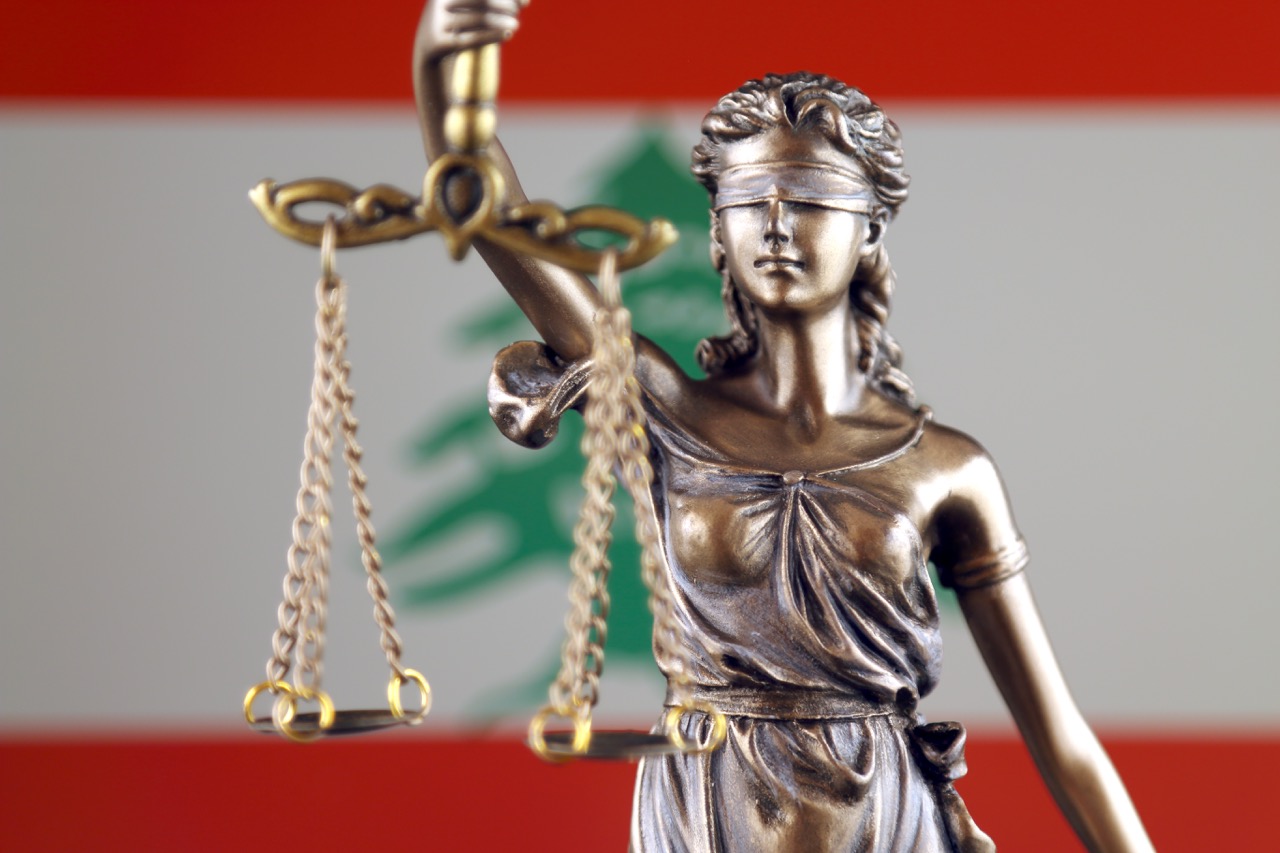The International Commission of Jurists (ICJ) is concerned by the instrumentalization of the prosecuting authorities to intimidate journalists solely for the legitimate exercise of their right to freedom of expression.
.هذا البيان الصحفي متوفر باللغة العربية أيضاً
On 15 April 2025, lawyers representing Megaphone News and Daraj Media, two independent digital media platforms, appeared before the Public Prosecutor at the Court of Cassation after the Editors in Chief and Executive Directors of the two media outlets were summoned for questioning on 10 April via a phone call that failed to specify why they were being summoned, let alone the nature of any criminal allegation against them. These summonses follow a smear campaign against the two media platforms, culminating in a criminal complaint against them filed by three private lawyers with the Public Prosecution. This complaint, which was leaked to the press, accuses Megaphone News and Daraj Media of “undermining the financial standing of the State” and of “receiving suspicious foreign funds with the aim of launching media campaigns undermining public confidence in Lebanon”, among other things. The complaint seems to target the two independent media outlets as a result of their reporting on certain financial decisions by the government, on the appointment of the Central Bank’s new Governor, among others, and on allegations of corruption and financial mismanagement.
“The Lebanese authorities should stop entertaining malicious lawsuits aimed at intimidating journalists,” said Saïd Benarbia, ICJ Middle East and North Africa Programme Director. “The Public Prosecution should remain impartial and independent and must not be used as a political tool to repress critical voices.”
Summoning journalists to appear before the Public Prosecutor at the Court of Cassation directly contravenes articles 28 and 29 of the 1962 Media Print Law, which states that journalists shall only appear before the Court of Publications, a specialized court created to offer some protection for journalists in cases related to their journalistic work. Among other things, the Media Print Law safeguards journalists against retaliatory, groundless prosecutions. In recent times, attempts to bypass the Media Print Law have been so widespread that the Union of Lebanese Editors issued a statement on 29 August 2024 reminding journalists of their right to refuse to appear before a public prosecutor in connection with criminal complaints arising from their work, for which they may only be summoned to appear before the Court of Publications.
Moreover, the summons fail to comply with article 147 of the Criminal Procedure Code, which states, among other things, that summonses are legal documents that “shall specify the offence that is the subject of the prosecution, investigation or trial [and] the legal provision applicable thereto…”.
These unlawful “summonses” form part of a pattern in which the prosecuting authorities and the courts have been used as tools of repression against independent media for their reporting on alleged corruption and mismanagement of certain economic and financial actors. Daraj’s Editor-in-Chief Hazem el-Amin and Chairman of the Board of Directors Alya Ibrahim, had already been summoned in February and March 2025 by the Cybercrime and Intellectual Property Bureau, purportedly on the basis of two complaints filed by Antoun Sehnaoui, the Chairman of the Société Générale de Banque du Liban (SGBL), regarding Daraj’s investigation of SGBL’s dealings with Riad Salame, the former Governor of the Central Bank, who, in turn, is suspected of money laundering and corruption.
On 15 January 2025, Megaphone’s Editor-in-Chief and Executive Director, Samer Frangieh and Jean Kassir, had also been summoned to appear before the Public Prosecutor at the Court of Cassation via a phone call from the police, and without being given any reason for the summons, purportedly based on the complaint of a private company mentioned in Megaphone’s investigative reporting.
On 26 November 2024, the Criminal Investigation Department in Beirut questioned journalist Mounir Younes for six hours in relation to a lawsuit, apparently based on Younes’s posts on Lebanon’s economic and financial situation. As is the case with the recent summonses of Megaphone and Daraj, Younes’s summons was leaked to the press even before he had actually received the phone call summoning him.
By failing to uphold the protection guaranteed to journalists in domestic law, and by targeting media workers solely for their legitimate investigative and reporting work, these summonses violate their rights to freedom of opinion and freedom of expression, including their freedom to seek, receive and impart information. These rights are guaranteed by Lebanon’s Constitution and by international human rights law, by which the country is bound. The ICJ calls on the Lebanese authorities:
- Cease entertaining baseless charges to silence independent media;
- Stop referring cases involving media outlets and journalists to criminal courts; and
- Guarantee an environment in which media workers can exercise their right to freedom of expression in line with Lebanon’s constitutional and international obligations.
Background
Over the past few years, there has been an increasing trend in Lebanon to use the prosecuting authorities and the judiciary to intimidate and harass journalists in Lebanon. In 2022, the SKEYES Center for Media and Cultural Freedom recorded 800 violations against media and cultural freedoms. In 2024, the World Press Freedom Index released by Reporters Without Borders revealed that Lebanon’s score had declined by 21 ranks.
Contact
Saïd Benarbia, Director, ICJ Middle East and North Africa Programme; t: +41 22 979 3800, e: said.benarbia@icj.org
Nour Al Hajj, Communications & Advocacy Officer, ICJ Middle East and North Africa Programme; e: nour.alhajj@icj.org




